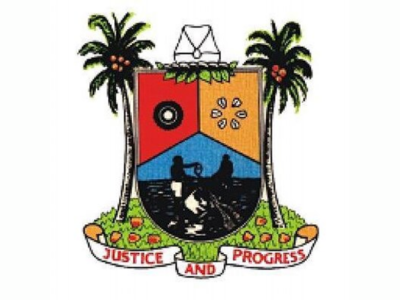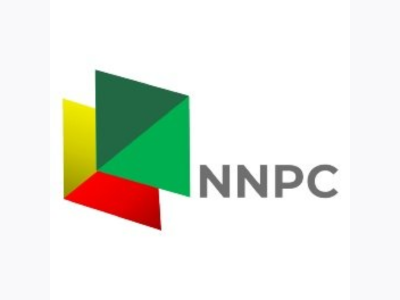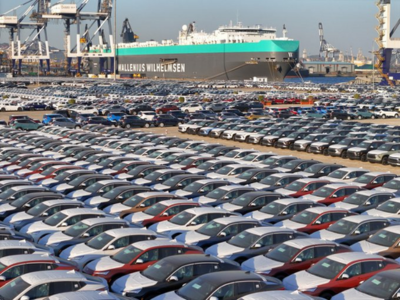IMF Warns of Debt Trap Risk in Africa’s Domestic Borrowing Surge
- by Editor
- Oct 16, 2025

Credit: Freepik
The International Monetary Fund (IMF) has raised concerns over Sub-Saharan Africa’s growing reliance on domestic debt, cautioning that the trend could trigger financial instability and stifle private sector growth if left unchecked.
In its latest Regional Economic Outlook, released Thursday during the IMF and World Bank annual meetings, the fund revealed that borrowing from local banks now surpasses external sources in both cost and volume. Domestic lenders currently hold nearly half of the region’s public debt—a proportion rising faster than the global average—posing risks to fiscal sustainability and banking sector resilience.
“About half of total public debt is owed to domestic banks,” said Abebe Aemro Selassie, director of the IMF’s African Department, in remarks to Reuters. While the shift reflects progress in local currency financing, Selassie warned that repayment challenges could tighten credit conditions and fuel inflation, especially in fragmented financial markets burdened by high transaction costs.
The report comes as many African nations, previously shut out of international bond markets due to rising interest rates and volatility, cautiously resume global borrowing efforts in 2024. Yet the IMF urged governments to diversify funding sources and build stronger fiscal buffers to avoid repeating past debt crises.
Growth across Sub-Saharan Africa is projected at 4.2% for 2025, but the IMF emphasized that sustainable development hinges on prudent debt management and reforms that encourage private investment.













0 Comment(s)